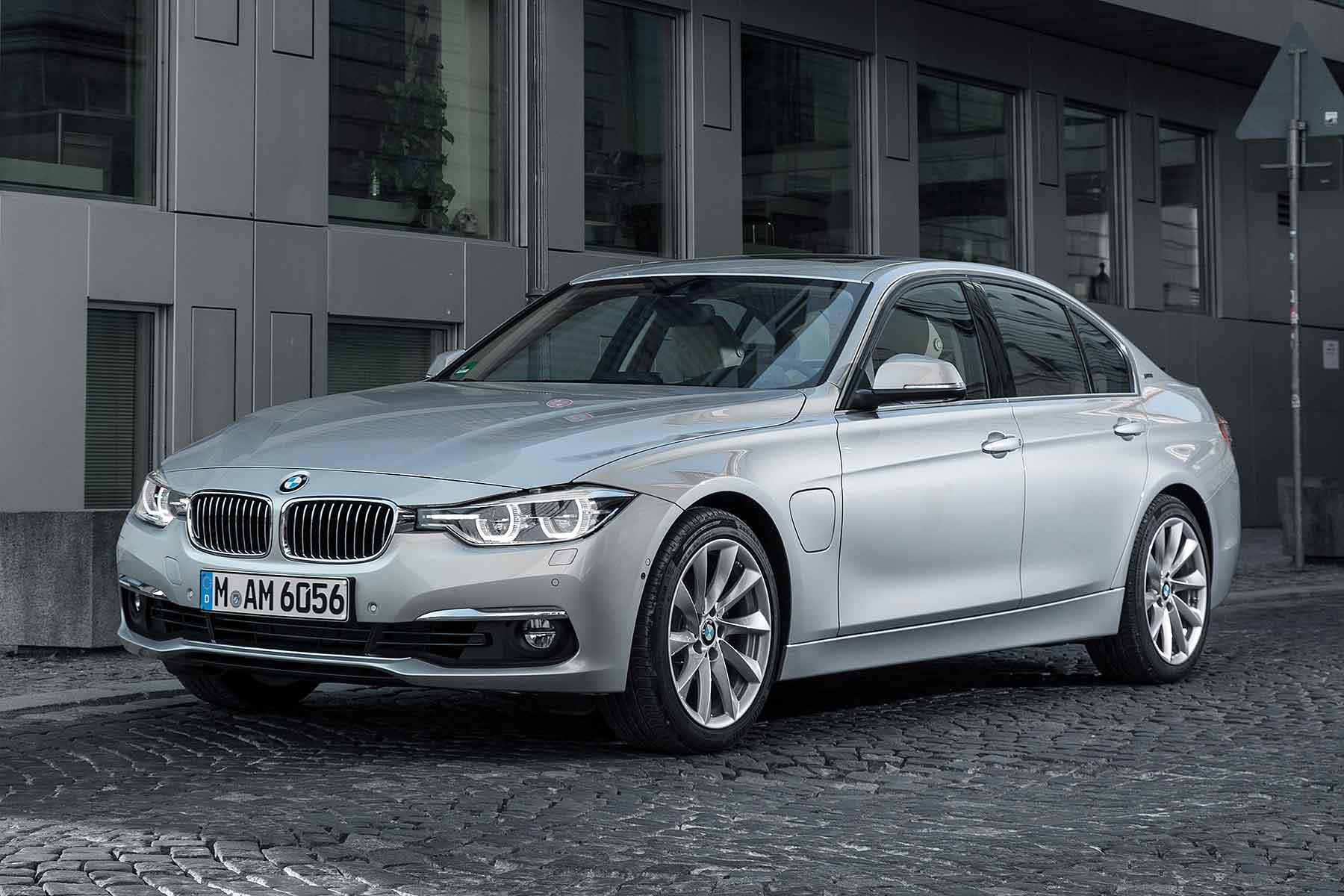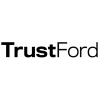Top 10 questions to ask car dealers

If you’ve found a used car you’re interested in buying and you’ve arranged to go and view it, what do you do once you get there? We have provided you with ten important questions to ask the car dealer.
The very first thing you need to do is prepared therefore make sure you do your homework. Find out as much as you can about the model as this will put you in a confident, prepared position when you need to speak to the salesman. Use Google to find out what the common problems are so you can make sure that work has been done to cover it. You will be surprised how showing the dealer a little knowledge will help go a long way on the negotiating table.
Car salesmen are going to tell you only positive things about a car as that’s their job. They know that even mentioning the slightest negative thing can and most probably will jeopardise a sale. Therefore, as a car buyer you need to ask questions so that you can make an informed decision based on their answers. You should have answers to a lot of questions already just by looking at the initial advert. However, we have devised a list of ten important questions that we feel you should always ask the dealer that you may not necessarily have the answers for.
1. Who was the car purchased from?
It’s important to know the car’s history so ask about previous owners and what the car was used for. A good look at the maintenance records can give you clues as to how the car was driven.
2. What is the dealer’s return policy
Unfortunately, you will be extremely lucky for a dealer to offer you “cash back” if you decide to return the car. However, it’s not unreasonable to request that they provide you with equal value. If the dealer does not have any type of return policy then walk away – it’s not worth the risk.
3. What is their cash price?
Most dealers will reduce their asking price if you are prepared to pay for the car in cash. Therefore it’s worth asking what their best offer is if you offer to pay this way.
4. What service has the dealership performed on the car since acquiring it?
By asking this question you can find out what value you are getting in return for your hard earned money. If the dealer had carried out a complete overhaul of the car then you know you won’t have to worry about service repairs any time soon.
5. Can you take it for a test drive?
If you’ve done your homework on the model of car then you should have read countless professional and consumer reviews about it. However, don’t take their word for it. Jump in the car and get a feel for it yourself. Come up with your own conclusions as to whether it will fit your lifestyle and requirements.
6. Do you offer trade-ins?
90% of car buyers will not have the money available to purchase a car outright. They will either need finance to cover an outstanding balance or have the need to use their existing car as part of a trade payment. Trading your car with the dealer can make things a lot easier as you don’t have to worry about selling your car privately.
7. When does the MOT expire?
Ensure that any car you buy has a valid MOT certificate as it could end up costing you a fortune. Obviously, the longer the MOT certificate is valid the better.
8. Has the car been taxed?
Depending on the type of car you are buying tax can cost anything up to £800 per year. Therefore, every month that the tax is valid for can add up to quite a sum. If the tax will soon be coming to an end then it may be worth negotiating with the dealer to deduct the tax figure off their asking price.
9. Does the car come with any warranties and what do they cover?
If the car is less than 3 years old then it may have some warranty left over. However, main franchised dealers will usually offer you some kind of warranty. You need to know exactly what this warranty will cover.
10. What’s the car been used for?
The value of a car can be undermined by the type of person that owned it and what they used it for. For example, a lady vicar will utilise their car in a much different way to a salesman who travels up and down the motorway with a full load of sales materials.
Conclusion
In conclusion, it’s vitally important that you find out as much about the model of car you are looking to buy before you go and view it. Study the advert and compare it to other adverts advertising similar cars. Any differences may give you clues as to what to ask the dealer. If you visit the dealer stacked with information then you are better equipped to negotiate and hopefully get the right car and at a better price.













